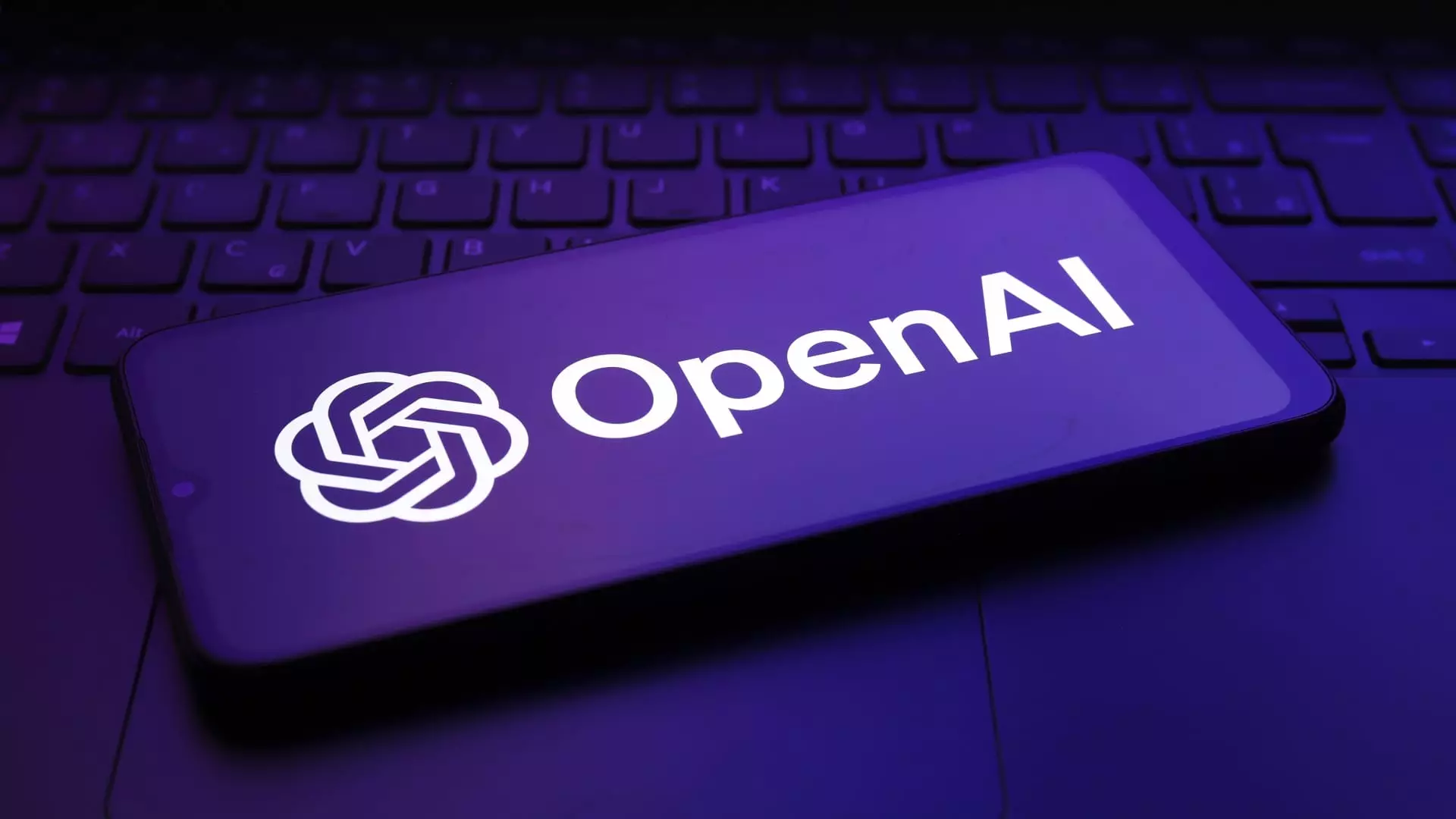The recent passing of Suchir Balaji, a former researcher at OpenAI, has left a profound impact on both the tech community and his loved ones. At just 26 years old, Balaji was not only an innovative mind but also a vocal advocate for ethical practices in artificial intelligence. His untimely death—reported as a suicide—opens a broader conversation about mental health, corporate responsibility, and the ethical dilemmas posed by AI technologies. As the tech landscape continues to evolve at an unprecedented pace, Balaji’s departure serves as a reminder of the human cost often hidden behind groundbreaking advancements.
Balaji’s criticisms of OpenAI stemmed from deep-rooted concerns about the company’s practices related to copyright law. He perceived the development of ChatGPT and similar AI systems as detrimental to individuals and organizations that generate original digital content. In interviews, Balaji emphasized the existential threat posed by AI technologies to the livelihood of creators whose work forms the backbone of data used for training these models. He openly advocated for transparency and ethical considerations within the AI community, seeking a balance between innovation and respect for intellectual property. Yet, as Balaji found himself increasingly at odds with the company’s direction, his decision to leave highlighted the difficult position many researchers face in valuing their principles while being part of groundbreaking tech advancements.
The Circumstances Surrounding His Death
Balaji’s body was discovered following a request for a wellbeing check by authorities, reflecting a troubling absence of communication from someone who once stood at the forefront of significant tech developments. Police reports indicated that there was no initial evidence of foul play, but the emotional and psychological toll of Balaji’s ideological battles may have contributed to unbearable distress. His family’s request for privacy underscores the tragedy of this situation, as it becomes a deeply personal matter for those affected by his loss.
A Call for Reflection
OpenAI’s response to Balaji’s death was one of sorrow and acknowledgment. The company expressed its devastation and offered condolences to his family, a sentiment that highlights the complexities of corporate culture in high-stakes environments. Balaji’s death raises critical questions not only about the pressures faced by individuals in tech firms but also the ethical responsibilities companies carry regarding their employees’ mental health. As lawsuits against OpenAI regarding copyright violations continue, it becomes essential to consider how these legal battles can influence not only the organization but also the individuals working within it.
Balaji’s concerns serve as a crucial reminder that the rapid development of AI technologies must be accompanied by ethical considerations and comprehensive dialogues about their implications. His activism can inspire a reevaluation within the tech community about how innovation intersect with the rights of creators. As society moves forward, it is imperative to cultivate environments where discourse around mental health and ethical practices is prioritized, ensuring that the voices of passionate advocates like Balaji never go unheard again. In his tragic passing, we must find a renewed commitment to addressing the mental health crises that can arise in the pursuit of innovation, ultimately fostering a healthier, more ethical tech landscape.

